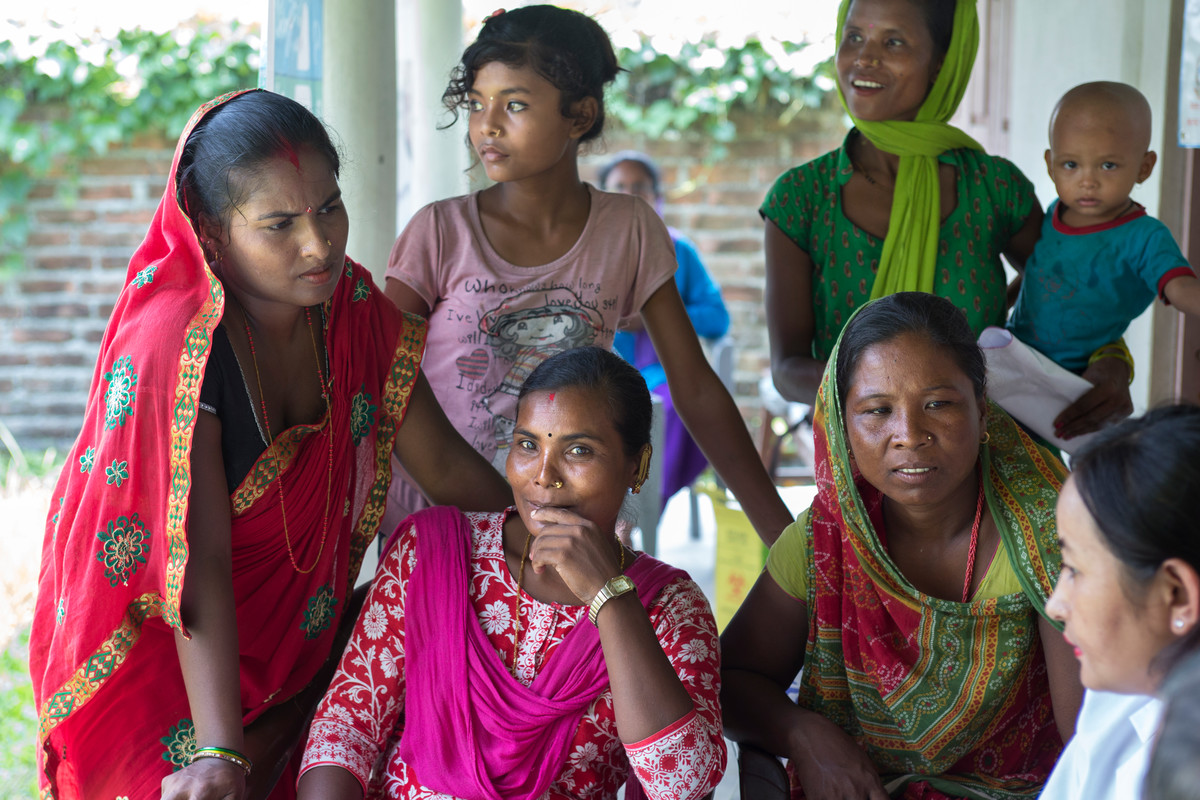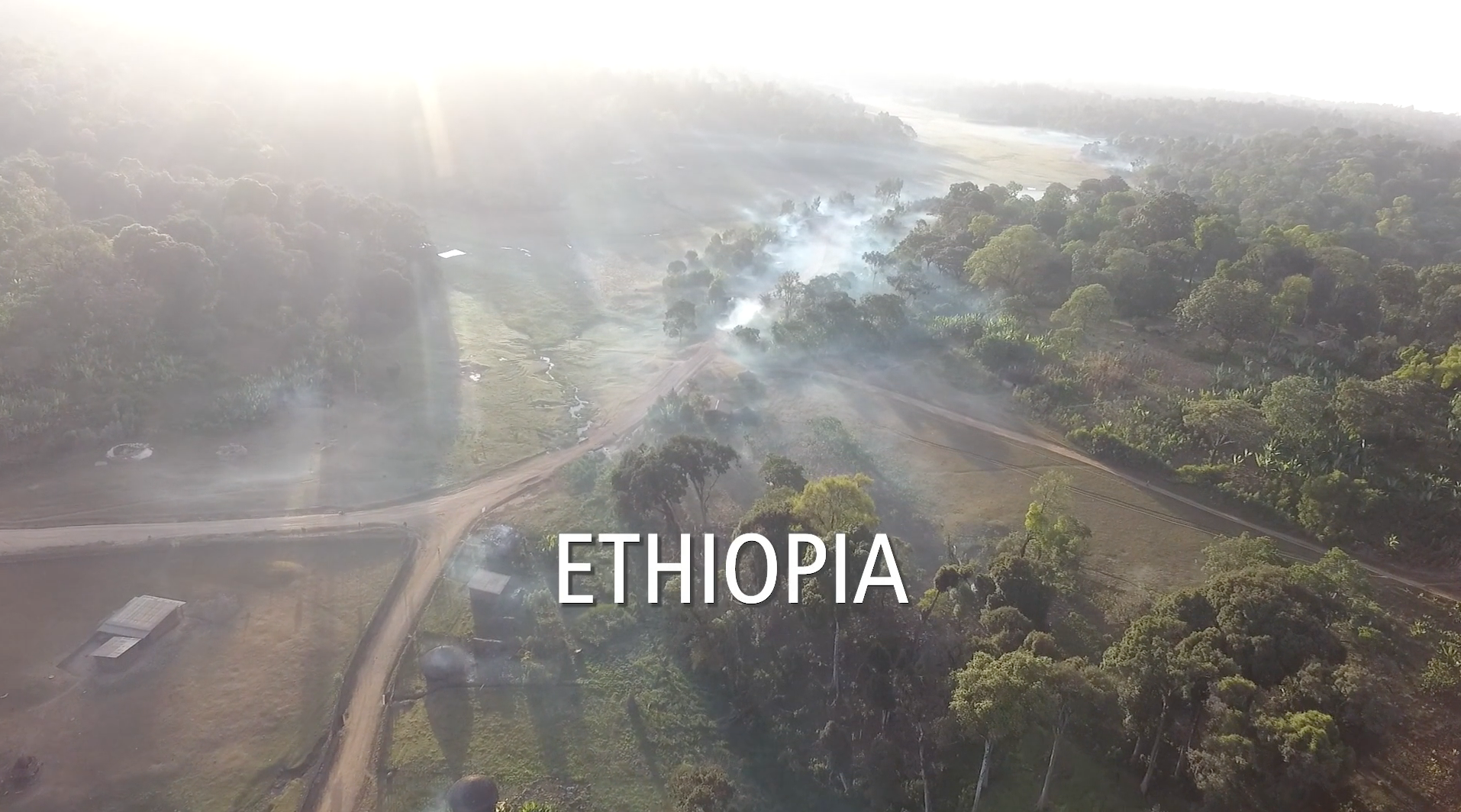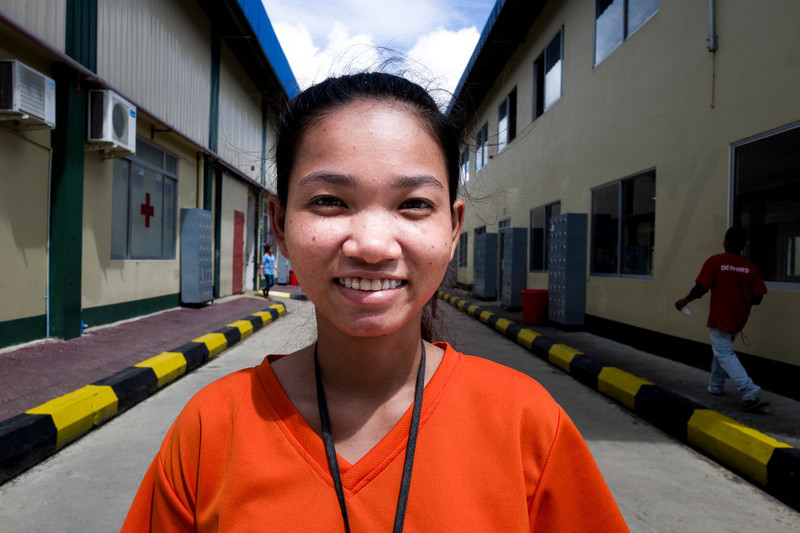Spotlight
A selection of resources from across the Federation

HIV Theory of Change
Our HIV Theory of Change is to clarify the goals and vision of IPPF’s HIV programme and to articulate the different pathways and strategies IPPF uses to contribute towards its HIV goals and vision.
Filter our resources by:


| 04 December 2018
Leaving no one behind: Universal health coverage and sexual and reproductive health and rights
Universal health coverage means ensuring every person has access to quality, affordable health services and plays a pivotal role in achieving global development targets. Healthy populations can better contribute socially and economically, while poor health is a major driver of poverty. Universal access to sexual and reproductive health care services is identified in the Sustainable Development Goals as an essential contributor to ensuring healthy lives and promoting well-being for all at all ages. IPPF, together with the London School of Hygiene and Tropical Medicine, undertook a literature review looking at progress to date in and challenges to achieving universal access to sexual and reproductive health and rights. The review, Leaving no one behind, is illustrated with case studies on Afghanistan, Cambodia, Kenya and Sudan. Supported by the Japan Trust Fund.

| 26 November 2018
Watch: Bridging the Gap
Ethiopia is the second most populous country in Africa and the tenth most populous in the world. It is estimated that two-thirds of women do not have access to sexual and reproductive healthcare services. Our member association - Family Guidance Association of Ethiopia (FGAE) is bridging the gap between the need for healthcare and women by bringing services into the heart of the workplace across Ethiopia, a country where 47% of the workforce is female. FGAE currently provides services to over 125,000 people at sixteen large-scale workplaces across Ethiopia, from coffee plantations to textile factories.

| 08 November 2017
Health with pop: Talking sex education with Cambodia’s female garment workers
About 700,000 people work in Cambodia’s garment factories, many of them migrant women from rural areas who typically possess low levels of education. According to Dr. Sreng, not only do these women often lack crucial health knowledge, but they tend not to trust health providers or know where to access medical care. RHAC, which first took its health outreach programme into garment factories in 1998, now operates in 82 factories that employ a combined total of 130,429 workers. Nearly 28,000 of them have taken part in RHAC-led group discussions and more than 67,000 have attended targeted health days like the one at Propitious. Photography © IPPF/Omar Havana

| 24 July 2014
“Stigma is still my most serious challenge”
This publication shares the experiences of people living with HIV. Men and women from Ethiopia, Mozambique and Swaziland talk about HIV-related stigma and describe their courage, inspirations, suffering, resilience and determination to trigger change. Their stories demonstrate how stigma and discrimination can hinder access to vital support and care and the prevention, testing and treatment of HIV. National and international organizations working on HIV-related issues have an immense responsibility towards people living with HIV, to change the unjust reality revealed by these personal stories into a better one. We must increase our efforts towards ensuring everyone enjoys a dignified, stigma-free life – one where every human being is valued and free of discrimination.















